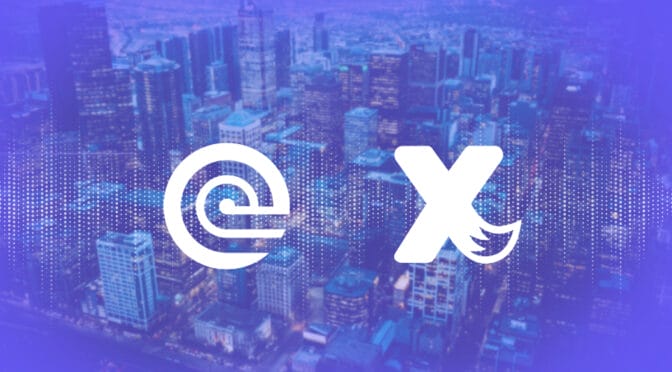The future of work is rapidly evolving, with an increasing reliance on a diverse array of talent, including full-time employees, contractors, freelancers, and gig workers. As organizations strive to remain competitive and agile, the ability to seamlessly integrate these various talent pools has become essential. This is where the concept of unified talent supply comes into play. By breaking through bureaucratic red tape and eliminating talent silos, companies can foster a more dynamic, efficient, and innovative workforce. In this blog post, we’ll explore the critical importance of unified talent supply and how Employer of Record (EOR) services support this integration, ensuring compliance and streamlined operations.
Breaking Through Red Tape
Bureaucratic red tape can stifle innovation and slow down the talent acquisition process. Traditional HR processes are often not equipped to handle the complexities of managing a diverse workforce that includes full-time employees, contractors, and gig workers. This inefficiency can lead to missed opportunities and a lack of responsiveness in a rapidly changing market.
Unified talent supply addresses this issue by streamlining and standardizing processes across all types of employment. Advanced technology platforms enable organizations to manage hiring, onboarding, and payroll seamlessly, regardless of the employment type. By adopting these technologies, companies can reduce administrative burdens, accelerate time-to-hire, and ensure that the right talent is in place when needed.
Eliminating Talent Silos
Talent silos occur when different categories of workers are managed separately, leading to inefficiencies and a lack of cohesion within the organization. These silos can prevent the free flow of information, hinder collaboration, and create disparities in treatment and opportunities.
Disparate Systems: Typically there are multiple systems and vendors being leveraged to manage various worker engagement types. These systems become walled gardens, and prohibit total talent visibility and engagement, despite the claims of many vendor management systems and managed service providers (MSP), it’s very difficult to get total talent management through one source or system. To do so, organizations will need to aggregate these different supply sources into one dashboard or a centralized location to truly get the benefits they seek from their talent management program.
By unifying talent supply, organizations can eliminate these silos, creating a more inclusive and collaborative environment. Integrated workforce management systems allow for the seamless sharing of information and resources across all types of workers. This holistic approach not only enhances productivity but also fosters a sense of belonging and equality among all employees, whether they are full-time, part-time, or contingent.
The Role of Employer of Record (EOR) Platforms
EOR services play a pivotal role in supporting a unified talent supply. An EOR acts as the legal employer for contingent workers, handling all employment-related responsibilities such as payroll, taxes, benefits, and compliance. This allows companies to engage talent quickly and compliantly, without the complexities and risks associated with managing a diverse workforce.
- Compliance and Risk Management: EORs ensure that all workers are engaged in compliance with local labor laws and regulations. This is particularly important for companies operating in multiple regions or countries, where legal requirements can vary significantly. By leveraging EOR services, organizations can mitigate the risks of non-compliance and avoid costly legal disputes.
- Consolidated Invoicing and Payroll: Managing payroll and invoicing for a mixed workforce can be a daunting task. EORs simplify this process by consolidating payroll and invoices, providing a single point of contact for all workforce-related financial transactions. This not only reduces administrative overhead but also enhances financial transparency and accuracy.
- Enhanced Talent Engagement: EORs also play a crucial role in ensuring that all workers, regardless of their employment type, are engaged and supported. By offering consistent benefits, efficient onboarding, simply payroll technology, and legal protections EORs ensure the talent supply chain is not disrupted and is resilient to change.
Conclusion
As the future of work continues to evolve, the ability to unify talent supply across full-time, contingent, and gig workers will be a key differentiator for successful organizations. Breaking through red tape and eliminating talent silos are critical steps in this process, enabling companies to leverage their entire workforce more effectively. Employer of Record services provide essential support in this endeavor, ensuring compliance, consolidating financial processes, and enhancing overall talent engagement. By investing in technologies and services that support a unified talent supply, organizations can build a more agile, innovative, and resilient workforce, ready to meet the challenges of tomorrow.





